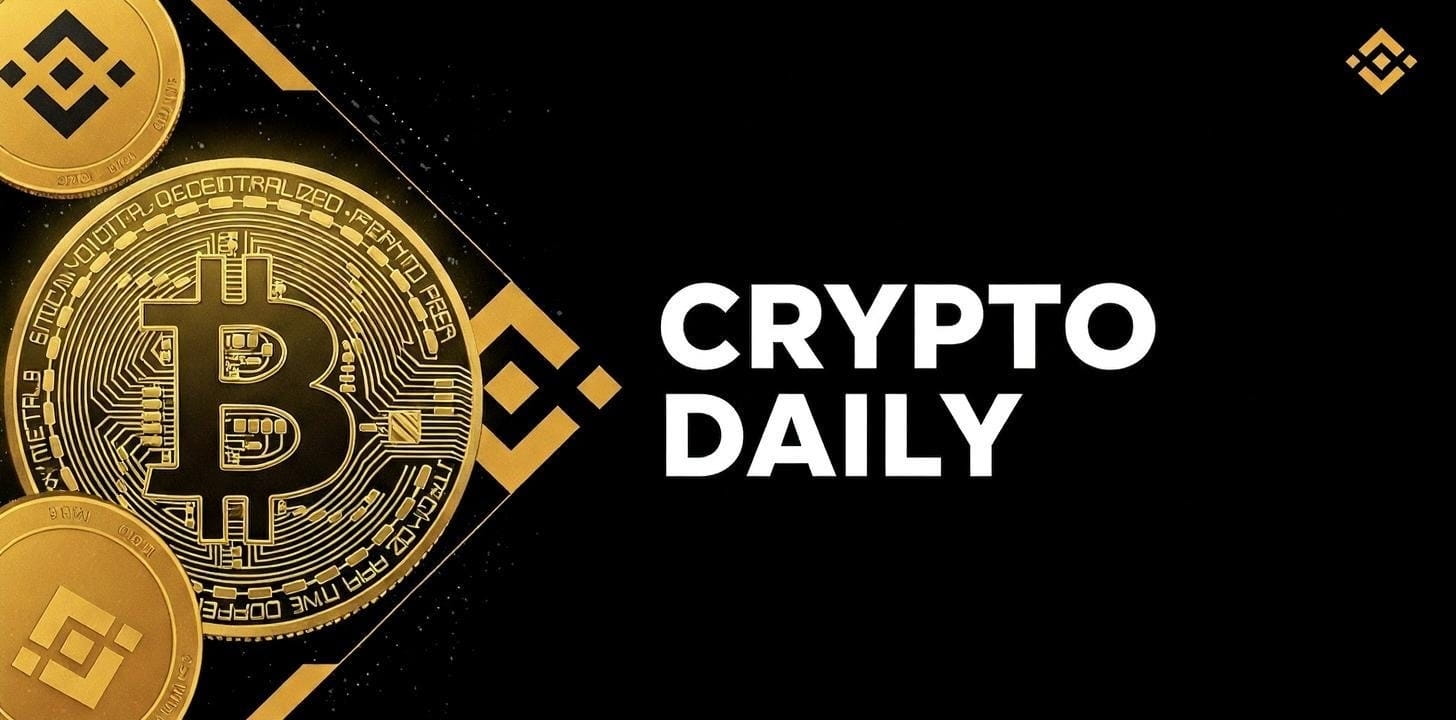
Market Sentiment
The current Fear & Greed Index stands at 57, indicating a neutral level. This index reflects the core characteristic of the market transitioning from panic to balance, with key driving factors including multiple mentions of stablecoins in the Federal Reserve's meeting minutes and an assessment that inflation risks outweigh employment risks, leading investors to adopt a cautious wait-and-see approach to avoid extreme volatility.
Market Overview
The latest price of BTC is $113,969.79, with a 24-hour increase of 0.61%. The volatility is driven by the Federal Reserve's minutes showing that most committee members prioritize inflation, combined with weak employment data, triggering short-term selling pressure but not breaking critical support. The latest price of ETH is $4,299.56, with a 24-hour increase of 4.06%, driven by funds flowing back to Aave after institutions sold 10,000 ETH through Wintermute OTC, along with an increase in active on-chain addresses, propelling the rebound.
On-Chain Highlights
Key events in the past 24 hours include a major whale depositing 1,582 ETH (worth $6.8 million) into Kraken after 8 years of silence, another whale selling 10,000 ETH (worth $43.35 million) through Wintermute OTC and depositing $535 million in USDC into Aave V3; a hacker address spent 21.76 million DAI to buy 5,001 ETH; a whale with 15,000 BTC opened a long position of 68,130 ETH (worth $295 million) on Hyperliquid.
Institutional Trends
The US spot Bitcoin ETF saw a net outflow of $310.86 million yesterday, while the spot Ethereum ETF had a net outflow of $239.14 million. This outflow of funds directly exacerbates short-term market downward pressure, strengthens selling dominance, weakens rebound momentum, and amplifies the negative transmission of macro uncertainty on prices.
Regulation and Macro
The Federal Reserve's meeting minutes emphasize the need for close monitoring of the widespread impact of stablecoins. US lawmakers proposed authorizing the president to combat overseas crypto theft, while a New York state representative insisted that stablecoins should not be exempt from the 0.2% transaction tax. These policies directly increase compliance costs, suppress trading activity in the short term, and amplify market volatility risks through enhanced regulatory uncertainty.




